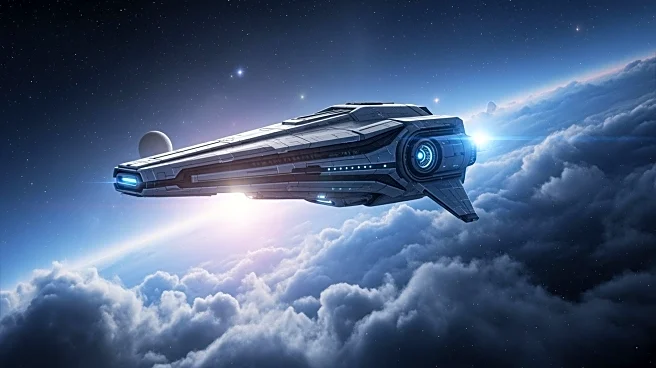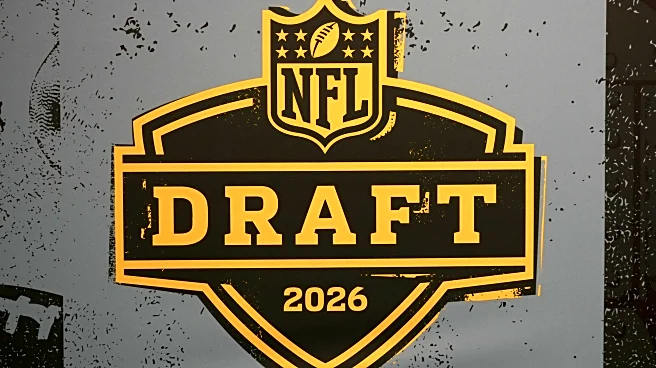What's Happening?
Elon Musk recently announced that his xAI game development studio plans to release the first 'great AI-generated game' by the end of 2026. This game is expected to feature real-time AI-created visuals,
music, and gameplay, eliminating the need for traditional game engines and human-created art and design. Glen Schofield, the creator of Dead Space, responded to Musk's statement, expressing skepticism about the feasibility of this timeline. Schofield, while supportive of AI's role in game development, doubts the current capabilities of AI tools to create engaging 3D worlds within the proposed timeframe. He acknowledges AI's potential to revolutionize industries but believes the timeline suggested by Musk is overly optimistic.
Why It's Important?
The development of AI-generated games represents a significant shift in the gaming industry, potentially altering how games are created and experienced. If successful, Musk's initiative could lead to new opportunities and industries, similar to past technological leaps like the internet and smartphones. However, the skepticism from industry veterans like Schofield highlights the challenges and limitations of current AI technology in game development. This debate underscores the broader conversation about AI's role in creative fields and its impact on employment, innovation, and the future of digital entertainment.
What's Next?
As the gaming industry continues to explore AI's potential, developers and studios may need to collaborate closely with AI experts to overcome existing technological barriers. The timeline proposed by Musk may prompt further discussions and investments in AI research and development, aiming to enhance AI's capabilities in creating immersive gaming experiences. Stakeholders, including game developers, AI researchers, and investors, will likely monitor xAI's progress closely, assessing the feasibility and impact of AI-generated games on the industry.
Beyond the Headlines
The ethical implications of AI-generated content in gaming are significant, raising questions about originality, creativity, and the role of human artists and designers. As AI technology advances, the industry may face challenges in balancing innovation with ethical considerations, ensuring that AI complements rather than replaces human creativity. This development could also influence cultural perceptions of AI, shaping public discourse on technology's role in society.










